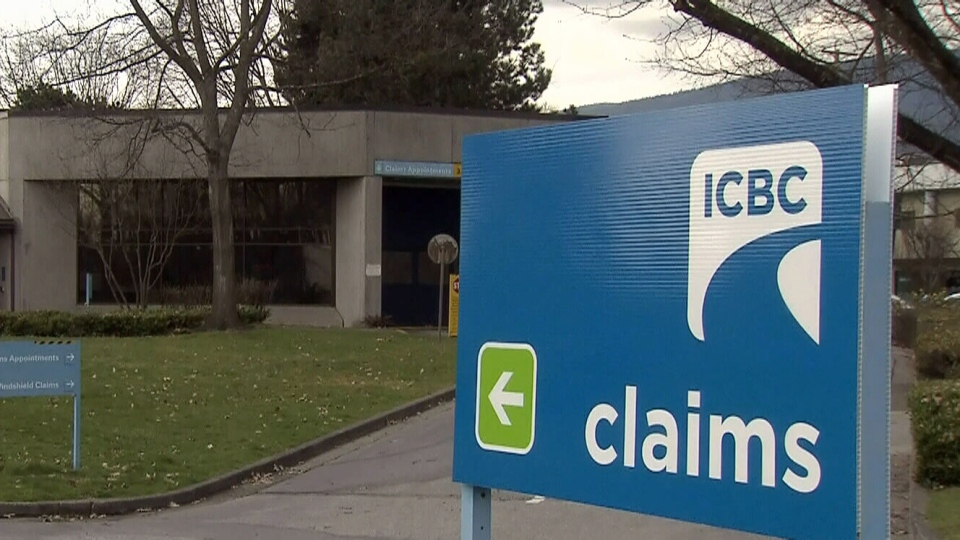
People, being people, will sometimes make errors in communicating. They may use unclear language, or use words that have a special reference known only to themselves, or will do any one of number of things that would cause other people to turn to them politely and ask, “What?”
When the time comes to follow the instructions of a will, however, if there is an ambiguity in it, the best person, and the best witness, is no longer available to question.
Interpreting ambiguous language, whether in a Will or other document, is called “construction”. Courts are very careful when asked to “construe” a Will. They want to follow the instructions of the deceased, and don’t want to invent or create those instructions or get them wrong. But there are tests that need to be followed in determining what the testator meant to say. You can use a court proceeding to translate a will that is unclear.
The primary rule, of course, is that the words used in a Will need to be given their plain and ordinary meaning. If your Will provides your “bed” to someone, that word almost certainly means the piece of furniture that you sleep on. It would be a weak argument for someone to point out that “bed” could also refer to that part of your garden where flowers are planted. The ordinary meaning will obviously win.
However, sometimes the ordinary meaning won’t help you. In his own Will, William Shakespeare famously left his “second best bed” to his wife, Anne Hathaway. It has been a controversial bequest for centuries – what did he mean by that? Which bed? How was his executor supposed to choose?
For resolving ambiguities, two schools of interpretation exist. The first is what’s known as the “four corners” rule, which declares that the only information you are entitled to use to interpret a Will must come from within the document itself. The second is called the “armchair” rule. This permits you to imagine yourself, subjectively, in the position of the deceased – to see what he or she saw, use evidence of their surroundings or circumstances in an effort to figure out what they really meant when they wrote their Will.
In British Columbia, after much judicial debate and consideration in case law, we employ a sort of restricted, commonsense armchair approach. That approach, essentially, directs a court to:
1. Read the will. If it is not ambiguous, then there is no problem. The Court ought not to admit any extraneous evidence to clarify language that doesn’t need clarification.
2. However, there is also no need to operate in a vacuum. If there is some information that is obviously required to define a term or that would have some effect on the plain meaning of the Will, then that would be acceptable.
3. Finally, if the Will is truly ambiguous, Courts may look to outside circumstances for help, and admit any extraneous evidence as needed.
This approach is in accord with section 4 of the Wills, Estates and Succession Act, which provides in part:
Extrinsic evidence of testamentary intent, including a statement made by the will-maker, is not admissible to assist in the construction of a testamentary instrument unless
(a) A provision of the will is meaningless,
(b) A provision of the testamentary instrument is ambiguous
(i) On its face, or
(ii) In light of evidence, other than evidence of the will-maker’s intention, demonstrating that the language used in the testamentary instrument is ambiguous having regard to surrounding circumstances, or
(c) Extrinsic evidence is expressly permitted by this Act.
At the end of the day, if no-one can figure out what the Deceased meant to say, then the Courts will be able to look at whatever they need to look at in an effort to figure it out. This means they can take evidence from the lawyer who helped draft the will, financial or other advisors, family members who may have heard the Deceased talking about his or her intentions, and even the habits and practices of the Deceased person. Other than asking the Deceased themselves to clarify, this is the best we can do.
By the way, with respect to Shakespeare, although there is still debate on the subject, sympathetic scholars tend to agree that that leaving his “second best bed” to his wife was not intended to be an insult, but was rather intended as a gesture of affection. The best bed in the house was the guest bed. The second-best bed was the one she was used to, the one that Shakespeare and his wife actually shared.
Andrew Powell practices a wide range of civil litigation with a focus on business or commercial disputes, including breach of contract, lease and land use issues, corporate disputes including liquidations and shareholder issues, and realization and enforcement. Andrew also practices estate litigation, including wills variation claims.




